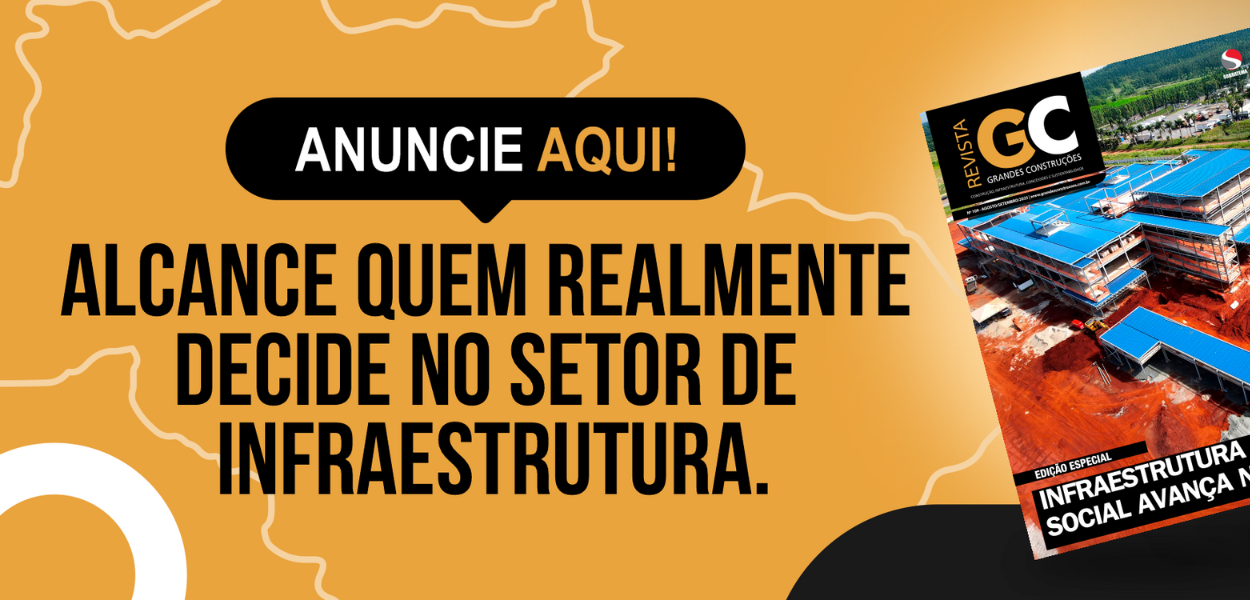Infrastructure and employment against crisis

Text from Geraldo Alckmin
When he took office in his second period in the State Government, Mario Covas said that “São Paulo will use all available resources to get the balance point between the necessary economic stability and the urgent retaking of development”.
His speech reflected a government project turned to a future built from solid bases, a management model that could give to our state the conditions to be always the key player in the growth of the country, independently of the national economic scenario.
The São Paulo State Government is committed to fiscal responsibility since the middle of the 90s. Even with the high interest rates charged by the Federal Government, it was possible to increase the correction in public expenses of the period. This is clearly shown by the proportion of the debt in relation to the current net income. Twenty years ago it was of 2.2. Currently it is 1.4.
This model of management got a more severe approach in the current moment due to the general drop of government income in the whole country. Instead of rising taxes, the state of São Paulo is carrying out a significant reduction in its expenses.
One secretary and four entities of the government were closed. The reduction in the bills of water, energy and telephone, and in the motion and per-diems of employees brought an economy of R$ 117 million. A plane and a helicopter were sold. Commissioned functions were reduced in 15 percent, overtime was reduced in 30 percent and funding expenses were reduced in 5 or 10 percent, depending on the secretary. Considering only the expenses with labor and funding, the reduction reached R$ 2 billion.
Such measures were taken to ensure the maintenance of the investments that are being carried out in the state. The focus is on the development and the defense of workplaces. Without them, fund raising will be reduced more and more and any fiscal adjustment will always be insufficient.
Among the main actions taken by the government in the area of infrastructure there are 100 km of on-the-rail transport works, with a total of R$ 48 billion and work fronts that employ a total of 12,000 persons.
Rodoanel Norte—with works going on—will have 44 km, R$ 6.7 billion of investments and will be the last section of this project, the largest road work being carried out currently in Brazil. In the Paraíba River Valley, the duplication of Tamoios Road is going on and its plateau section was already opened for traffic.
Structural works are being carried out—such as the interconnection of Jaguari and Atibainha dams and the construction of the new São Lourenço System—to face the water crisis.
The first public-private partnership (PPP) of social housing in the country was started in September. It will involve the construction of 3683 units in the expanded downtown of the capital. Another PPP for the Metropolitan Region involves more 10,000 houses.
Three new hospitals operated by the state will also be built through PPPs in Sorocaba and São José dos Campos—whose works started recently—and in the Capital.
São Paulo still carries out important partnerships with municipalities involving the construction of nurseries, the increase of Basic Health Units, the program Água Limpa (Clean Water), that ensures sanitation in cities not attended by Sabesp, and others.
These works are being carried out on the whole state, bringing development and new workplaces to the Metropolitan Regions and to the small cities of the inland. São Paulo will continue to help Brazil to grow, with no mishap and with planning, work and determination.

Av. Francisco Matarazzo, 404 Cj. 701/703 Água Branca - CEP 05001-000 São Paulo/SP
Telefone (11) 3662-4159
© Sobratema. A reprodução do conteúdo total ou parcial é autorizada, desde que citada a fonte. Política de privacidade










